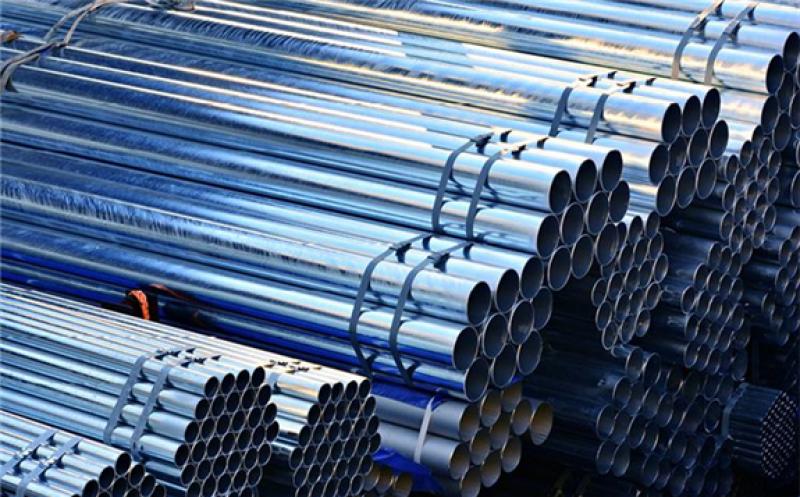If Germany and the rest of Europe are to become climate-neutral by 2050 while maintaining their industrial might, they will have to import vast amounts of hydrogen. To this end the Port of Rotterdam is already exploring how hydrogen can be imported from a large number of countries around the world. It is also setting up Porthos, a carbon transport and storage system. Porthos is being considered as a CO2 storage site for the production of blue hydrogen by the H2morrow Steel Project, which also includes ThyssenKrupp.

For decades ThyssenKrupp Steel and Hüttenwerke Krupp Mannesmann (HKM) have been importing coal, iron ore and other raw materials via their own terminal in Rotterdam, using inland barges as well as rail to transport it to their blast furnaces in Duisburg.
By teaming up the partners will look at hydrogen import opportunities via Rotterdam as well as a possible pipeline corridor between Rotterdam and ThyssenKrupp Steel's and HKM's steel sites in the Ruhr Area.
The three partners agree that new, cross-border infrastructure is required to support the energy transition, especially additional pipeline infrastructure is needed. A concrete and significant demand for hydrogen from the steel industry as an alternative to coal as well as the options to store CO2 can work as a stimulus for the realization of this infrastructure. The cooperation between Rotterdam as Europe’s largest port and Duisburg as Europe’s largest steel site can have a signaling effect to establish supply chains for the energy transition, building an important sustainable European industry and logistics cluster.
The aim of the Port of Rotterdam Authority is to strengthen the competitive position of the port of Rotterdam as a logistics hub and a world-class industrial complex in terms of both size and quality. The Port Authority is able and willing to make an impact and so it is focusing on accelerating sustainability in the port and it is a partner in the digitalisation of the port and logistics chains. The Port Authority's core tasks are the sustainable development, management and operation of the port, the maintenance of the smooth and safe handling of shipping and supporting the future-resilience of the port of Rotterdam.
The Hüttenwerke Krupp Mannesmann (HKM) are based in the south of Duisburg and are a subsidiary of thyssenkrupp Steel Europe AG, Salzgitter Mannesmann GmbH and Vallourec Tubes S.A.S. HKM got 3.000 employees and is producing about four to five million tons of steel in a year, with a share of 12% of the steel production in Germany. The focus is on the production of slabs and round bars, which are further processed within the parent companies.
thyssenkrupp Steel Europe is one of the world’s leading suppliers of carbon steel flat products. With around 27,000 employees, the company supplies high-quality steel products for innovative and demanding applications in a wide variety of industries. Customer-specific material solutions and services around steel complete the range of services. With a production volume of approximately 11 million tonnes of crude steel annually, thyssenkrupp Steel is the largest flat steel producer in Germany.